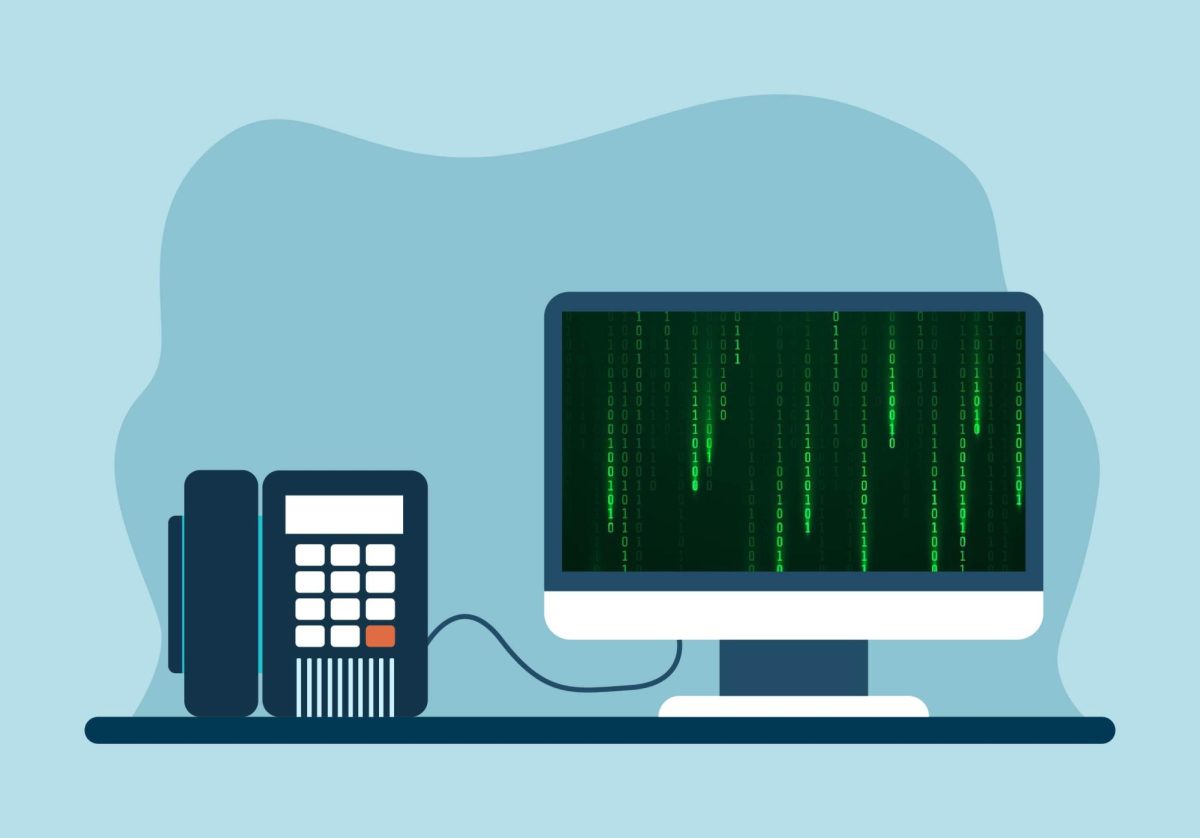A University of Minnesota push making its way towards the Minnesota State Legislature would modify the state’s public information transparency law.
The University of Minnesota’s Academic Freedom and Tenure committee is one step closer to school approval of its Draft Shield Amendment — an amendment to the Minnesota Government Data Practices Act to protect University researchers from having to hand over unpublished work that’s now considered public information.
This year, the committee made it a priority — for the first time — to push the proposal through the University Senate and all the way to the state Legislature next spring, said Teresa Kimberley, physical therapy associate professor and co-chair of AF&T. The amendment was approved by the committee in 2014.
The state’s open record law is meant to ensure the transparency of public institutions by allowing citizens to request information from these entities, including the University.
Kimberley and Karen Miksch, AF&T’s former co-chair and an associate professor of organizational leadership, policy and development, presented the proposal to the University Senate Thursday, where faculty members asked questions about the proposal and briefly discussed what impacts changes would have at the University and the public.
The committee wants the University Senate to support their proposal and protect original research at public institutions like the University.
Now that the Faculty Senate has heard the proposal, the AF&T will work with the Office of the General Counsel to refine the language, Kimberley said. The Senate will vote on the proposal in March.
If passed, the University could include the proposal in its 2017 legislative request. The state Legislature reconvenes in January.
All research products and their drafts from public institutions are subject to the Minnesota DPA, said Don Gemberling, spokesman for the Minnesota Coalition on Government Information.
“I know in the past, there’s been some interest on some of the research done in the University,” he said.
It will be difficult to get the idea through the state Legislature because language of such an amendment needs to be precise, he said.
“When it was clear the University was subject to the Data Practices Act, I figured this issue would come up,” he said.
The amendment received strong support from University research committees, the University Senate and the Faculty Consultative Committee, Miksch said.
“This started when … there were different instances of people making records requests in other universities throughout the country in ways that many deemed inappropriate,” Kimberley said.
She said they’ve found that data requests can sometimes be used to stall unfinished research.
“If people make a request prior to something being completed, you could, theoretically, have to turn over an [incomplete] dataset,” she said.
Other data include emails, research notes or protocols the researcher is developing, she said.
Another problem with public data requests occurs when a researcher has a partnership with a private university or company that is not subject to public record laws. The researcher still must turn over any correspondences with that company, and details of a project that is incomplete, Kimberley said.
Correction: a previous version of this story incorrectly stated what would happen if the amendment is passed by the University Senate. If passed, the University will decide if it will include — after consulting with the Board of Regents and University President Eric Kaler — the amendment in its formal request to the state Legislature.





